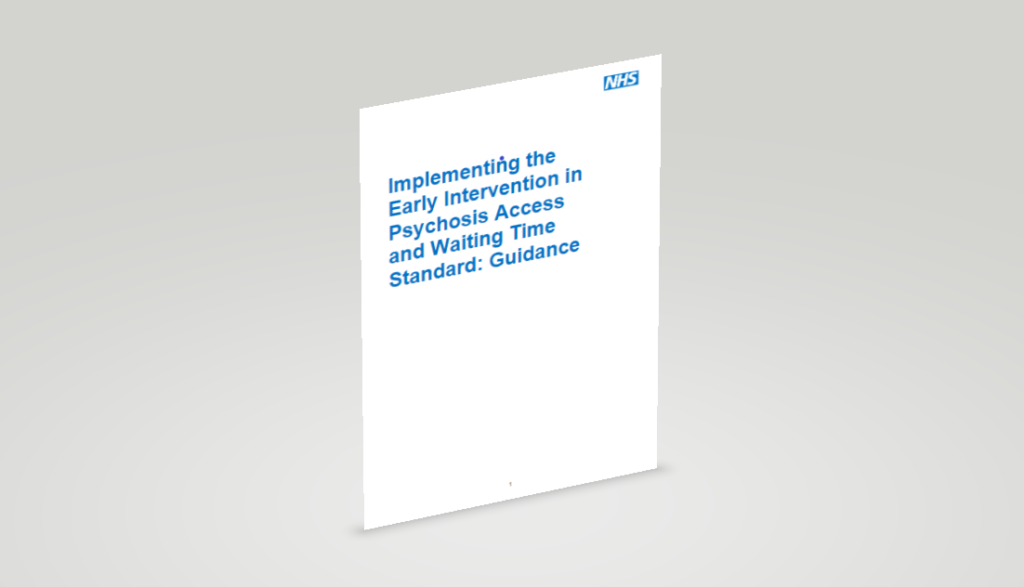The long awaited refresh of national guidelines for Early Intervention in Psychosis were published in December. Delayed by the pandemic, these new guidelines represent a synthesis of the experience gained in the five years since the original guidelines levitra profissonal canadian pharmacy were produced and a blueprint for the continued development of the specialism.
The guidelines reflect the NHS Long-Term Plan objective for 95% of teams to be rated as ‘Performing Well’ (NCAP Level 3) by April low cost propecia 2024. With increased contributions from service users and carers, the guidelines emphasise the 14-65 age range and promote the latest version of the Psymaptic psychosis prediction tool for estimating local incidence.
The 2020 update includes updated and expanded sections covering daily dosage cialis models of care, workforce, carer education, children and young people. And, for the first time ever, national commissioning guidance for the design and implementation of At Risk Mental online pharmacy usa States (ARMS) pathways is provided.
In his foreword to the latest edition, Tim Kendall, national clinical director for mental health, acknowledges that much progress tadafil has been made in a relatively short time and thanks EIP services for all their incredible work and dedication. With some areas still needing considerable support to achieve order female viagra Level 3, and many needing to introduce ARMS pathways and improve their CYP offer, the new guidelines are a welcome reminder of the important part EIP has to play in the transformation of mental health services.


